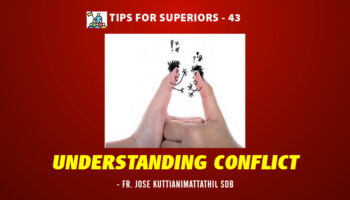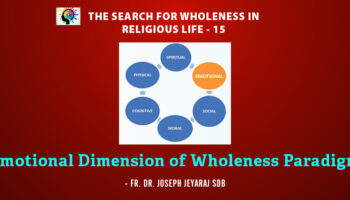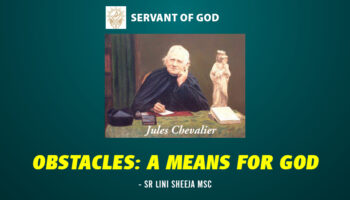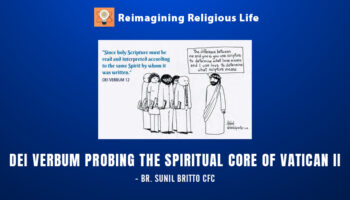I am Sr. Augusta, a perpetually professed religious. I often read in our Constitution about the need of Superior General/Provincial to seek the consent of the council to decide certain matters. We also read in other places about consulting the council. Therefore, I would like to get clarity about these terms in decision-making.
Canon 127 of CIC and canon 934 of CCEO deal with the juridical notion of the words consent and consult in the legal sphere.
An ecclesiastical superior has much power in the exercise of his or her office. But there are determined instances in which he or she is obliged by law to seek either the consent or the counsel of certain organs or persons before making a juridic act (any importance decision). These requirements are introduced in canon law not only for motives of prudence, that is, in order to assist the superior in avoiding mistakes or rash decisions, but also for a more sublime reason, that is, to assure the superior of real cooperation of persons (council) who depend on him or her according to the ecclesial principle of co-responsibility and participation. Canon 127 of CIC and canon 934 of CCEO establish the principles for guiding this cooperation and participation.
Wherever the law requires that the superior must have the consent of her/his counsel for a valid act, the superior must “obtain” the consent with an expressed voting of any mode. Through voting of any kind, she should look for an absolute majority of those present in order to decide on the act. The obligation of consent stipulated in law juridically binds the superior who cannot “validly” act against the vote duly formulated and clearly expressed by persons (council) concerned.
Sr Navya Thattil OSF
To read the entire article, click Subscribe





